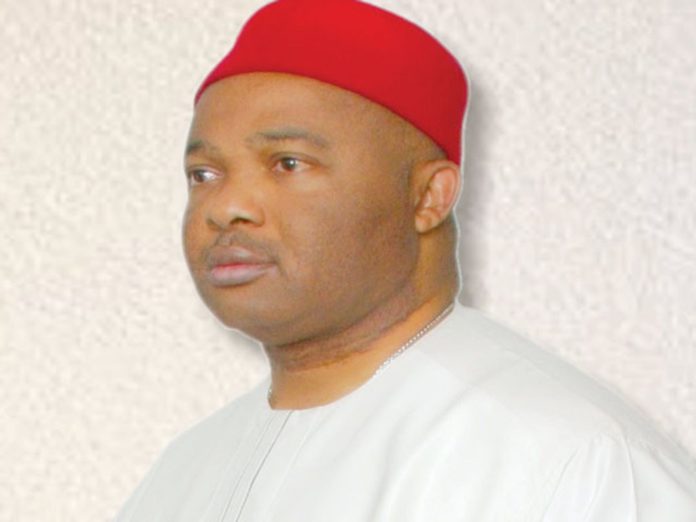By Chijioke Churuba
“Imo State Government has concluded plans to establish brand new model primary schools in 305 Independent National Electoral Commission (INEC) wards of the State.’’
– Credited to Imo State Commissioner for Information (Posted on Ikechukwu Amaechi’s Facebook Wall).
The government of Imo State should not build new model primary schools across political wards. It does not make sense at the moment. In short, it will be incongruous, for the state government to build new primary schools, in the midst of many dilapidated primary schools, littered across the State.
So, what should be done by the state government?
First, let the state government restore confidence in the sector (education), by ensuring the prompt payment of salaries and pensions and through the training and retraining of primary school teachers in the state.
Second, let the state government carry out an urgent ‘Need Assessment’ exercise on the current conditions of primary schools in the State (may be, on autonomous community basis). Such an assessment should capture key indicators such as: the current conditions of primary schools across communities; current literacy/numeracy levels/primary school enrolment statistics across communities; ease of access/nearness to quality primary education; standard of living across communities and key population data across communities, vis-à-vis their gross enrolment ratios and access to quality primary education, etc.
From the consolidated assessment outcomes, the state government would know exactly the communities that desperately need primary (education) assistance, and the extent of help, they need. The government would then prioritize its interventions by renovating and rehabilitating the existing primary schools on a need basis instead of blindly building new ones across the political wards in the state or building new primary schools, on the basis of political considerations as inherently opined.
This is very important because some communities in the urban and semi urban areas are relatively better off as a result of the glut of private schools, and other private and public facilities available to them. And, also as a result of the reasonable income levels of the residents of such communities, in contrast to those living in rural, poor communities.
For instance, a new model primary school in a well-to-do political ward in Owerri Municipal or Okigwe or Orlu Main Town might not be as impactful as a mere renovation of a primary school in a poor, rural area or in an extreme poor neighbourhood in the state.
Again, this approach is in the best interest of the state’s public finance and would save costs and money for the people of Imo State (by not building 305 new ones), and would also help the state government to utilize the existing educational assets and public facilities. It would as well offer the state government a smarter and shorter delivery turnaround time in terms of project completion.
Besides, most of the dilapidated primary schools are legacy schools which have successfully produced eminent personalities from Imo State. Rehabilitating and renovating such schools would help to keep such memorable legacies. And it will be in the best interest of the state’s public educational heritage.
So, the bottom line is: Let the state government motivate and properly take care of primary school teachers in the state and renovate/rehabilitate existing primary schools across communities on a need basis, as well as properly staff the existing primary schools with qualified teachers.
Finally, it is critical for the state government to note that a policy on resource allocation, even on education, delivers better efficiency gains and value for the people when it is thought-out and implemented on rational imperatives and in the overall public interest rather than on the basis of flawed political considerations.













